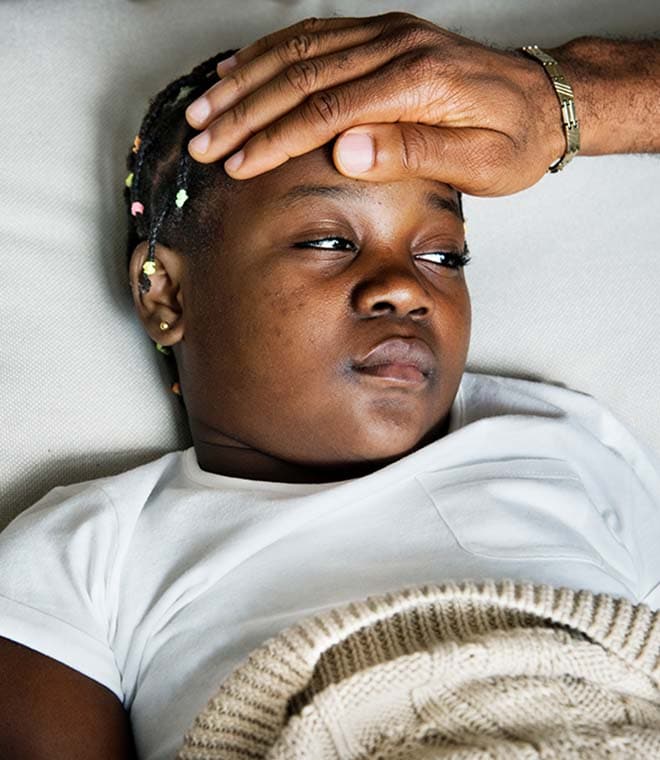Health
Wheezing: Causes, symptoms and treatment
By Jenilee Matz, MPH Mar 27, 2025 • 4 min
Wheezing is a continuous, high-pitched musical or whistling sound that occurs during breathing. The wheezing sound is often most obvious when exhaling (breathing out), but you may also hear it when inhaling (breathing in). If someone is wheezing, it may mean they’re having trouble breathing.
What causes wheezing?
Wheezing is a symptom that occurs due to inflammation and narrowing of any part of your airway, from your throat to your lungs. This can be caused by an allergic reaction, respiratory tract infection, obstruction from a foreign object or other issues. The most common causes of chronic wheezing are asthma and chronic obstructive pulmonary disorder (COPD). Both conditions cause narrowing and bronchospasms in the small airways of the lungs. Causes of wheezing may include the following:
- Asthma
- COPD
- Allergies and anaphylaxis (a severe allergic reaction)
- Inhalation of a foreign object
- Respiratory tract infections, such as bronchitis and pneumonia
- Emphysema
- Gastroesophageal reflux disease (GERD)
- Heart failure
- Lung cancer
- Obstructive sleep apnea (when breathing stops and starts during sleep)
- Certain medications, such as aspirin or angiotensin-converting (ACE) inhibitors
- Smoking
- Vocal cord problems
In some cases, wheezing presents with a cough. This may happen if you have an upper respiratory tract infection or asthma, for instance. Some people refer to this as a “wheezing cough,” but this is an incorrect term.
Wheezing in a baby or child
Wheezing is a common symptom of respiratory disease in infants and young children. In fact, 1 in 3 children experiences a wheezing episode before age 3. The most common cause of wheezing in children under age 2 is viral bronchiolitis. This a lung infection that causes inflammation and congestion in the bronchioles (small airways) of the lungs, which usually occurs due to respiratory syncytial virus (RSV).
What to do about wheezing
Contact your healthcare provider if you are wheezing and you don’t know what the cause is or if the wheezing keeps coming back.
Seek medical help right away if you have wheezing that:
- Comes on suddenly after being stung by a bee, taking medication or eating food
- Accompanies troubled or fast breathing
- Occurs with severe breathing difficulty or bluish skin color
- Happens after choking on food or an object
Your healthcare provider will likely want to see you so they can ask about your symptoms and perform an exam. You may need lung function tests, a chest X-ray or blood work. If your child is wheezing, their healthcare provider may check to make sure they didn’t swallow a foreign object.
Treatment will depend on the cause of your wheezing. Your healthcare provider may prescribe medications or an inhaler. When mild wheezing is caused by a cold or another virus, using a humidifier, drinking warm fluids and avoiding tobacco smoke may provide relief. Follow your treatment plan as directed by your provider and let them know if your symptoms don’t improve.
Updated by Julie McDaniel, MSN, RN, CRNI, March 2025.
Sources:
- https://www.ncbi.nlm.nih.gov/books/NBK482454/
- https://medlineplus.gov/ency/article/003070.htm
- https://www.merckmanuals.com/professional/pulmonary-disorders/symptoms-of-pulmonary-disorders/wheezing
- https://www.uptodate.com/contents/evaluation-of-wheezing-in-infants-and-children
- https://www.uptodate.com/contents/trigger-avoidance-in-asthma-beyond-the-basics
- https://www.cdc.gov/acute-bronchitis/about/
- https://medlineplus.gov/ency/article/000007.htm



